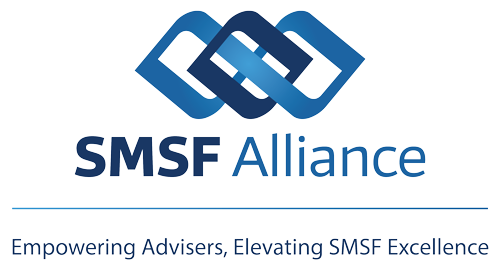Last week we considered the acquisition of unlisted shares by an SMSF from its members or associates. We mentioned the requirement that such shares be in-house assets to qualify and that eligibility ceased if the company was controlled. We mentioned that this situation was similar for trusts.
There are exceptions. The shares or units in company or trust that satisfy 13.22C of the SIS Regs are able to be acquired from a member or related party even though the entity could be controlled and the units or shares are not in-house assets.
For an entity to comply with 13.22C there are a lot of things it can’t do.
In simple terms it
- can’t lease anything to a related party of the SMSF unless its business real property; and
- can’t have outstanding borrowings; and
- doesn’t have assets that include:
- an investment in another entity; or
- a loan to another entity, unless it’s a deposit with an institution within the meaning of the Banking Act 1959 ; (a cash management trust is not included); or
- an asset with a charge over it; or
- an asset that was acquired from a related party of the SMSF unless it was business real property; or
- any other asset that had been owned by a related party of the SMSF 3 years before the day on which the fund first acquired an interest in this entity.
So what can it do?
- It can hold real estate – both business and non business
- It can build, but can’t borrow or run a business
It’s most useful for holding real property involving several parties due to the ease with which the other parties’ interests can be acquired by their SMSFs over time. It can hold both business real property (saving tenants in common conveyancing costs on creeping acquisitions) or other property such as residential or vacant land (which would not otherwise be acquirable from the related party at all).
Ongoing care is required as, if it subsequently doesn’t comply with any of the 13.22C provisions, the entity will PERMANENTLY lose its special status and any SMSF interests will become in-house assets.


